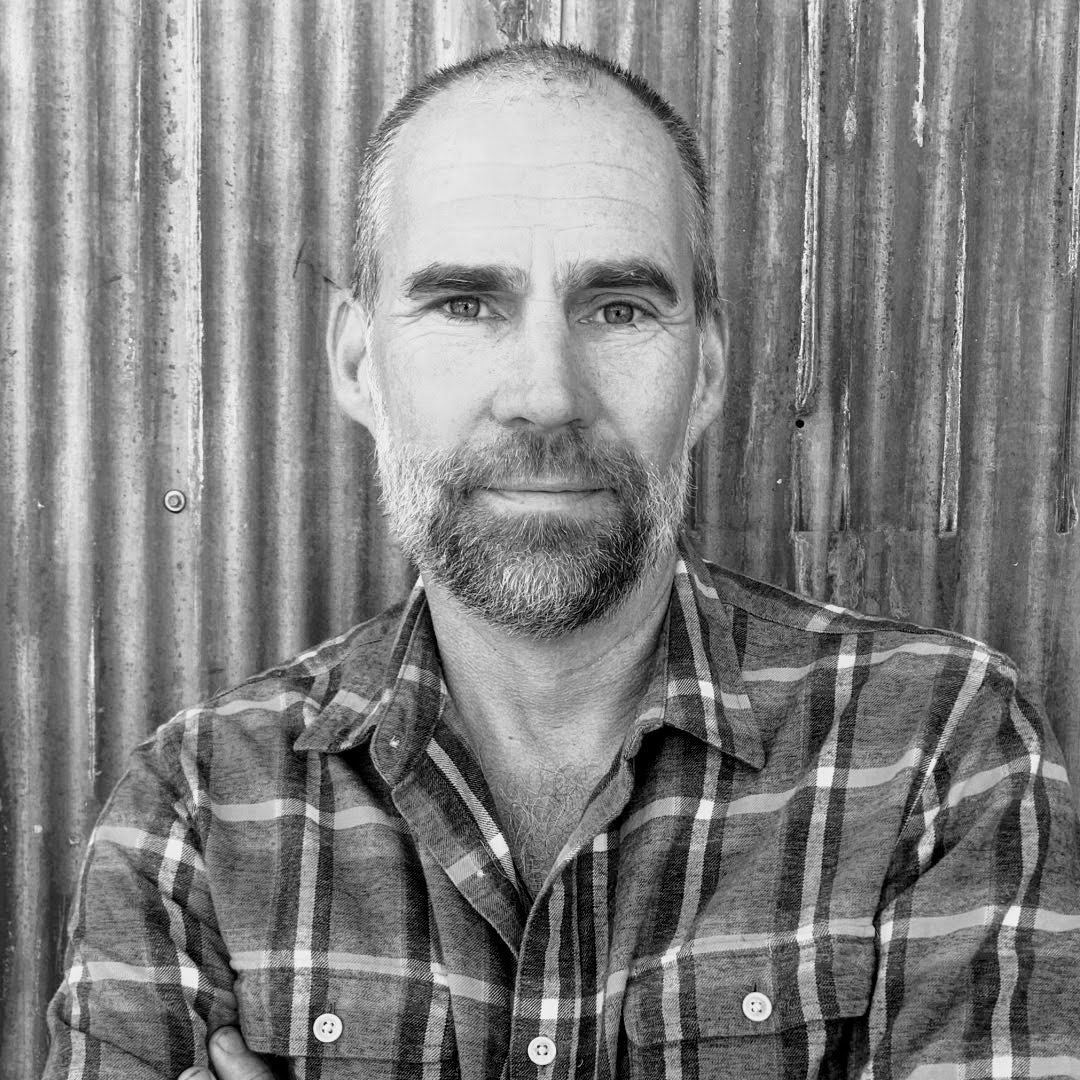AARP Hearing Center
Our Colorado office is driven by the belief that communities should be equipped to support older and younger people alike. With a population of more than 5 million people, Colorado’s overall livability score is only 54 out of 100, leaving a lot of space for improvement. Previous initiatives in Colorado have included dedicating more spaces to public parks and promoting the use of public transit. AARP’s network of age friendly states, community challenge grants and livability index hold leadership accountable, support age-friendly initiatives and educate people on the key factors of livability.
As part of AARP Colorado’s mission to support age-friendly communities, we collaborated with Ken Chapin – the founder of Design Age Friendly and leader of the work being done in Trinidad. Ken is passionate about strengthening social capital and increasing access to resources to help make rural and frontier communities more livable for people of all ages.

Ken first noticed a need for more age friendly spaces while traveling around Colorado in an RV with his partner, Emilie. He found traveling in rural areas that have large undeveloped areas, relatively small populations, little traffic and clean air presented opportunities for him to pitch age-friendly initiatives. By then, Ken had already been working in the aging space for 10 years, but he wanted to change directions.
“I wanted to be doing something different than what I had been doing,” Ken said during our Zoom session. “There were too many dilemmas linked to the aging population for me to not act.”
As an artist and designer, Ken was naturally drawn to communities’ “white spaces.” White space is a term graphic designers use to describe areas not occupied by text, graphics or any other element. And Trinidad’s progressive, culturally diverse, art-centered history stood out to him in part because it seemed relatively unheralded – a kind of white space.
Ken was inspired by Trinidad’s history filled with stories spanning from the Native American Ute tribe to the settler era. He learned about a Smithsonian Museums’ division called Museums on Main Street. “Their sole reason for existing is to create caliber exhibits that travel the country,” Ken says.
The result was his helping promote an exhibit called Corn Mothers, a collection of portraits honoring the contributions of women from across the Southwest. After being on display at History Colorado Denver, the 70 portraits traveled to the A.R. Mitchell Museum of Western Art as part of the Crossroads Change in Rural America program, which documents the way life has changed in rural communities over the years.
“In these small communities, there are a lot of older people who don’t have youngers, and a lot of youngers who don’t have a meaningful connection with older people,” Ken says. As a leading advocate of the age friendly initiative in Trinidad, Ken works to foster meaningful connections between younger and older generations.
The Corn Mothers exhibit was a perfect fit and a huge success with over 400 people attending. “This collection of portraits and stories is about today’s Corn Mothers. They are women who live, work, and study in the Southwest. They are women who give back to our community,” said Renee Fajardo, the artist and curator of the exhibit. It was a story about the matriarchy, about our mothers, and their mothers, and on through time – uniting generations.
*The exhibit will remain in the A.R. Mitchell Museum, 150 E Main St, Trinidad, CO 81082, until 5/31/2024. See below for more information
https://www.armitchellmuseum.com/.
*This is not an AARP event. Any information you provide the host organization will be governed by its privacy policy.































































